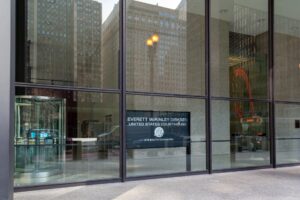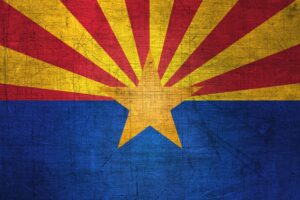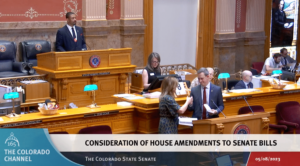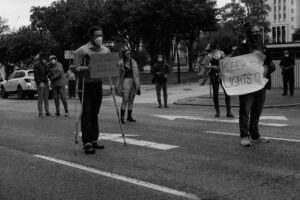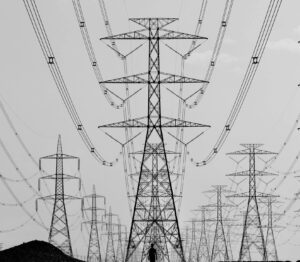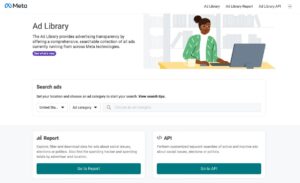
Southwest Gas’ Integrated Resource Plan lacks support and details, advocates assert
February 19, 2026
Nevada gas utility Southwest Gas (SWG) has not provided sufficient information or analysis in its inaugural long-term resource plan to ensure the utility is proposing the most cost-effective options for its customers, Nevada advocates and state officials are saying. Intervenors who are critical of the resource plan include Nevada’s Bureau of Consumer Protection (BCP) and…
Read moreArticles
Utility lobbyists host private gathering in Red Sox suite for regulators ahead of NARUC meeting
Utility lobbyists host private gathering in Red Sox suite for regulators ahead of NARUC meeting
The trade association representing for-profit electric utilities hosted utility regulators alongside industry lobbyists in a luxury Fenway Park suite for a Red Sox game on…
Reports
Showing 10 out of 31 reports
Press
Get in touch
Want to schedule an interview with one of our staff members? Do you have a question or want to provide information? Contact us.

